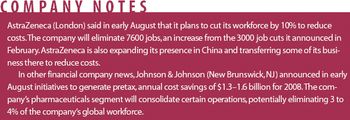
When it comes to research, the United States scientific community is still way ahead of the game, but we're not sharing our findings as often as we should. According to a new National Science Foundation (NSF) report, the number of science and engineering articles by US-based authors published in major peer-reviewed journals has plateaued.

